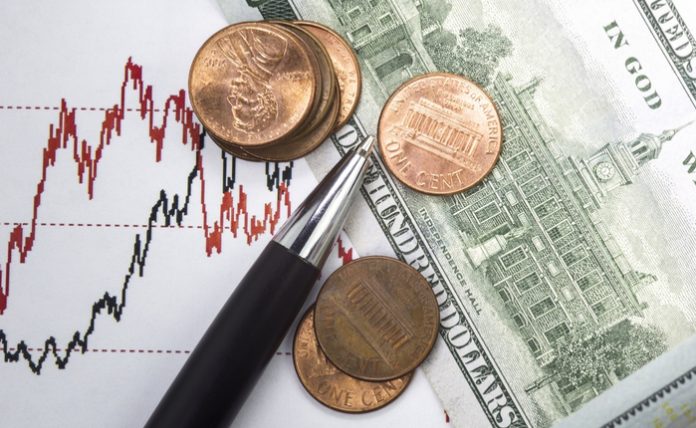As the ongoing talks between the United States and China show less and less signs of a positive resolution, commodity prices have been heavily impacted over the past few weeks. Starting the year off on a positive note, many precious metals and commodities have surged in Q1 before returning much of those gains in the past while.
Copper, a commodity that’s used heavily in industrial manufacturing and also has acted as an economic barometer for East-Asian economies, has declined over the past few weeks. One leading expert in this market has gone on to say that copper prices could be 10-15 percent higher if it weren’t for these trade disputes.
According to an article published by Reuters, chairman of one of South America’s top copper miners has gone on to say that commodities in general, alongside other investment vehicles, have been depressed due to the Beijing-Washington negotiations. Instead, he feels that the true market prices for copper, in particular, should be much higher than it already is.
“Without the commercial war, I am convinced that the price of copper would be between $3.20 and $3.50 per pound,” said Jean-Paul Luksic, Chairman of Chilean copper mining group Antofagasta. “As long as this uncertainty persists, the low prices will continue.”
He added that while the market is looking optimistic from a supply and demand perspective, the red metal is declining more than it should be. Copper futures settled last week well below $2.8 per pound, with prices ending in the red for what has been the fourth straight weekly decline. Year to date, they are still up 5 percent, but so far other experts concur that copper has remained undervalued even going as far back as 2018.
Copper faces severe supply shortages over the coming years, with the copper industry as a whole suffering from years of under investment. Chilean copper miner Codelco, for instance, announced that it had seen its lowest quarterly production figures in almost ten years. It’s predicted that the industry as a whole will begin to operate on a deficit, with demand for the red metal eclipsing global supplies.
Electric vehicle manufacturers, which are one of many consumers of copper, are already preparing for what seems to be an inevitable supply crunch. In a recent mining conference, a representative of Tesla (NASDAQ: TSLA) said that the electric-car industry will see a crucial shortage of battery components, with copper being one of them.
Copper has been traditionally seen as a barometer for Chinese economic health, a country which happens to be the largest consumer of the red metal globally. Put in a category alongside other industrial metals like aluminum, these commodities are closely watched by savvy investors looking to anticipate future recessions. Back in 2016 when many thought that an economic downturn was inevitable, copper’s strong performance as a key indicator that helped investors accurately predict that the bull market would continue.
Should U.S.-Chinese trading talks end on a positive note sometime soon, however, it wouldn’t be surprising to see commodities across the board, alongside most other investment vehicles like equities, surge from the optimism.










